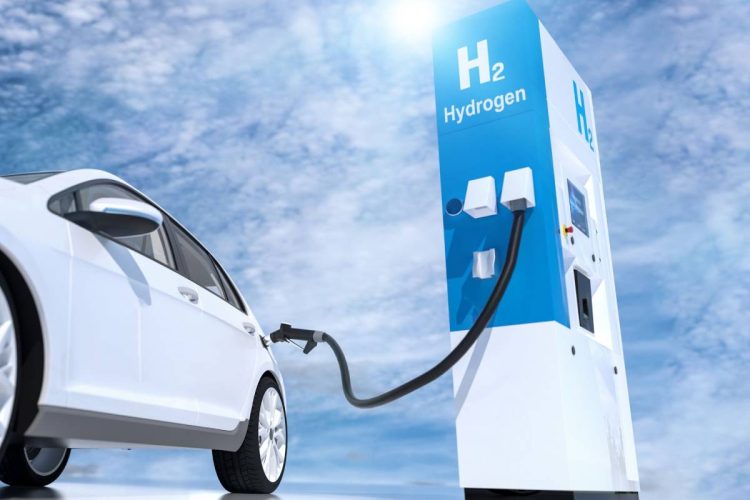Publisher: Maaal International Media Company
License: 465734
Hydrogen cars .. Will they compete with electric cars? What are the advantages?!
BMW has unveiled hydrogen-powered cars that are scheduled to enter service this year, and this week the group launched a test fleet of hydrogen vehicles, with the CEO of the German car giant referring to hydrogen as the missing part when it comes to emissions-free mobility
BMW CEO Oliver Zipsi pointed out that hydrogen is a versatile energy resource with a major role to play in the energy transition process and thus in climate protection. He went on to describe hydrogen as “one of the most efficient ways to store and transport renewable energies.”
Mixed opinions:
اقرأ المزيد
Although hydrogen has its supporters, some senior figures in the auto industry question its role in the field of energy transition, as Elon Musk, CEO of the American electric car maker Tesla, renewed in May 2022 his doubts about the role of hydrogen in the planned transformation to a more sustainable future.
And while many automakers are focusing on developing battery electric cars, another alternative to conventional cars is gaining momentum – in a nod to green hydrogen – the hydrogen fuel cell electric car.
Green hydrogen has been hailed as the clean fuel of the future in recent years
While there has been a lot of talk about the rise of this type of car, most companies are still in the early development stage. But now, some companies are willing to present their demonstration models of hydrogen cars to the public to see how well they perform compared to electric vehicles on the market.
New features:
Fuel-cell electric vehicles operate in the same way as conventional electric cars, according to the OilPrice website, powered by an electric motor rather than an internal combustion engine. However, conventional electric vehicles rely on a battery that needs to be plugged in to recharge using electricity from the grid. Meanwhile, fuel cell vehicles can produce electricity on board, without the need for charging. This is very attractive to automakers looking to increase the range their cars can go without charging, making it easier for consumers to switch from internal combustion vehicles to greener alternatives.
One of the main benefits of hydrogen is that it only releases water and heat, rather than greenhouse gases, into the atmosphere. And as governments and energy companies around the world pour money into green hydrogen projects, automakers increasingly see the potential to run cars on this clean fuel.
The most expensive:
To make fuel-cell vehicles climate-friendly, automakers must ensure that the hydrogen they import is green, not gray – derived from natural gas. Nowadays, the cost of green hydrogen is much higher than carbon-emitting alternatives. But as companies invest more in research and development, the price of green hydrogen is expected to decline, in the same way that has been seen in the cost of wind and solar power as operations expand.
Despite the great potential for green hydrogen “fuel cell vehicles”, the fuel cell concept is still relatively unknown in the consumer market. While most people have heard of electric cars by now, particularly since the Tesla boom, automakers have shared little information about the development of their hydrogen-powered fleet with consumers. This is likely due to the many hurdles that still need to be overcome before HFCs reach the market. For example, the size and weight of a fuel cell that can generate enough electricity to power a larger car or vehicle is still an issue.
But some automakers are starting to announce their innovations now, which indicates that they expect the future of transportation to be broader than just electric cars. In February, Honda announced that it would manufacture a new hydrogen fuel cell system that it co-developed with General Motors. This is expected to support the growth of the hydrogen business, with targets of selling 2,000 units of the new system per year by the middle of the decade, and more than 60,000 units per year by 2030. Honda expects its “next-generation system” to be more sustainable than previous fuel cells, and cheaper than current options
The hydrogen is stored in two tanks, and refueling can be done in three to four minutes, just as when pumping gasoline.
The iX5 offers significantly more range than most electric cars, at around 313 miles. BMW plans to launch a small initial fleet in 2023 – less than 100 vehicles, mainly “to be used internationally for demonstration and trial purposes for various target groups.”
In addition to Honda and BMW, Toyota and Hyundai are two other major automakers looking to develop their hydrogen vehicle capabilities to compete with automakers that focus solely on electric vehicles.









